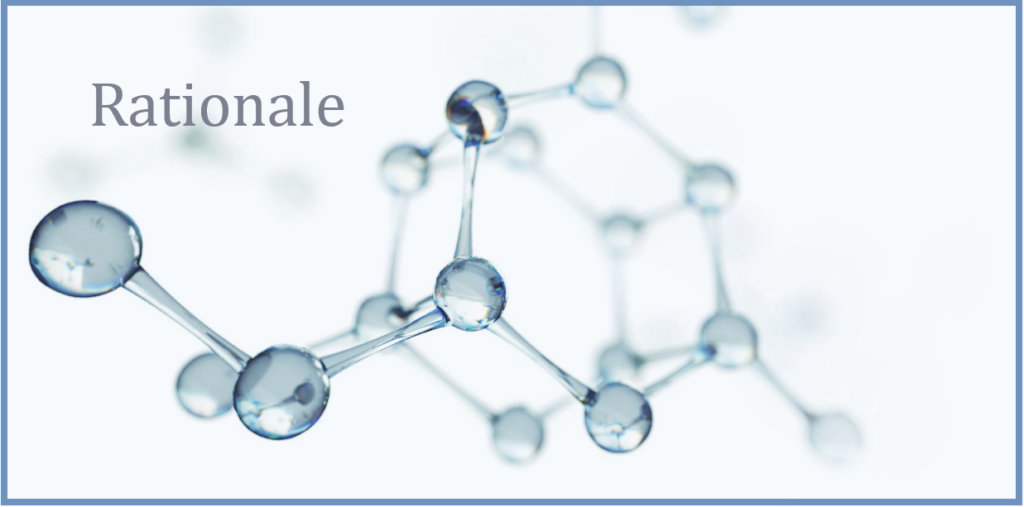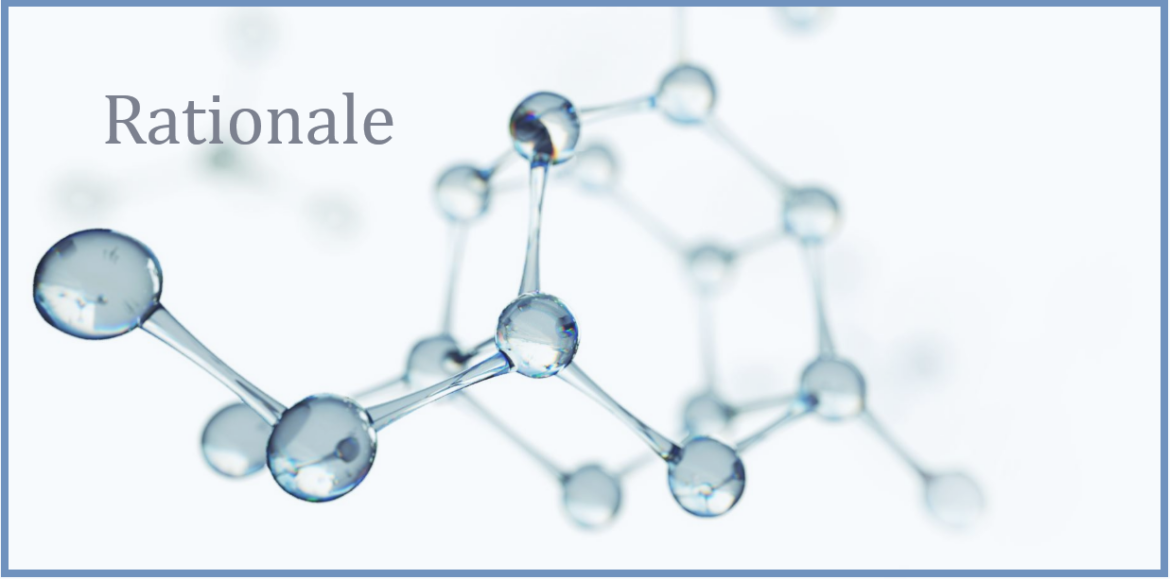
Egypt like other countries is facing special immune disorders due to the climate and poor hygiene in direct connection with socio-economic difficulties. The population is highly exposed to infectious diseases, chemical and parasitic contamination due to food, drinking, water supply, exhaust, sewage. This is certainly amplified by pollution and population density in large cities. Genetic deficiencies are also favoured due to high level of consanguinity. All these conditions have tragic socio-economic impact and significant of health care resources limitations.
Diagnosis of immune disorders has been improved recently in the world thanks to new technologies. The biology helps in setting diagnostic and staging of those diseases and in optimizing treatment, especially recently developed biotherapies based on use of immunological tools. This is particularly true with new technologies like cytometry, and gene quantization and sequencing. These technologies require new instruments and also require a high-level training and know-how, already acquired in industrialized countries. Unfortunately, there is no education program in Egyptian universities at high level (Diploma, master, PhD) addressing this issue while the needs are very high. So, there is a crucial need for setting up an education program in these technologies and European immunology community is ready to support our initiative.
Enviromental hazards impact on combined immunological and neural development is now mentioned.
Data are showing that climate changes play an important role in raising infectious risks of disease occurrence and progression, in Egypt. Global warming, actual experience in countries with hot climate should bring precious indications on the tendency of risks in northern countries.
In accordance, studying immune modulation is anticipated to influence the patients’ morbidity and risks for complications. Better knowledge on immune status could bring potential interventions to reduce these risks and adapt prevention strategies and treatment. According to our analysis there is no diploma implemented in Egypt concerned with role of immune modulation in those diseases of high national priority.
This is why we proposed to set up an education program labelled [Immune Modulation Certificate for Postgraduate Students Enabled by Blended Learning (IMCert.)]. Diploma that interrogates the specific nature of the immune status to fill the current knowledge gaps and addresses the national needs of a complementary program and open the opportunity for preparing postgraduates to respond to those diseases’ challenges and prevention issues in many fields like hygiene, food and water.


